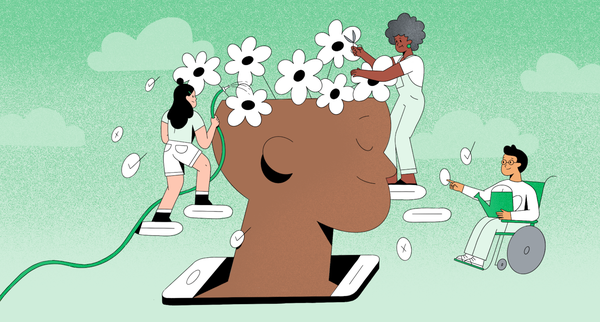Dianna Galarrager is a Business intelligence analyst at an internet brokerage company.Diana is from Spain and currently living in London.When Diana is not at work, her hobbies include traveling,learning about different cultures, and engaging in adventurous experiences, such as skydiving.She believes that her adventurous nature has a part toplay in her daily job.As a business intelligence analyst, Diana is responsiblefor converting data to meaningful insights (find patterns) that can help drive the value within her company.Her daily routine can range from cleaning real-world trade data, to analyze them on requests.In linking her adventurous behavior to her job, she stated thatone of the exciting things that she enjoyed in her job was that you never know what is coming for you the next day in terms of the kind of data that you would work on, which would often requireyou to think outside of the job.Retracting back on her journey, Diana recounted her experience during high school after having moved to the UK when she was 15 years old.While in high school she was not totally sure what she wanted to become.She did eventually choose to be in politics and public relations.She was pursuing this choice of career when an assignment in the fieldhad her use a statistical software. She started getting interested in the field of data analysis and began attending the python class organized byher university.When she graduated, she went applied and got a job in a consulting firm, where she was trained on a hybrid training of project management and businessintelligence.Having gone through such a period of uncertainty on her journey, Diana wishes to inspire young women who are going into tech and those who did not study STEM-related course or backgrounds.









